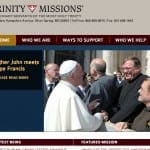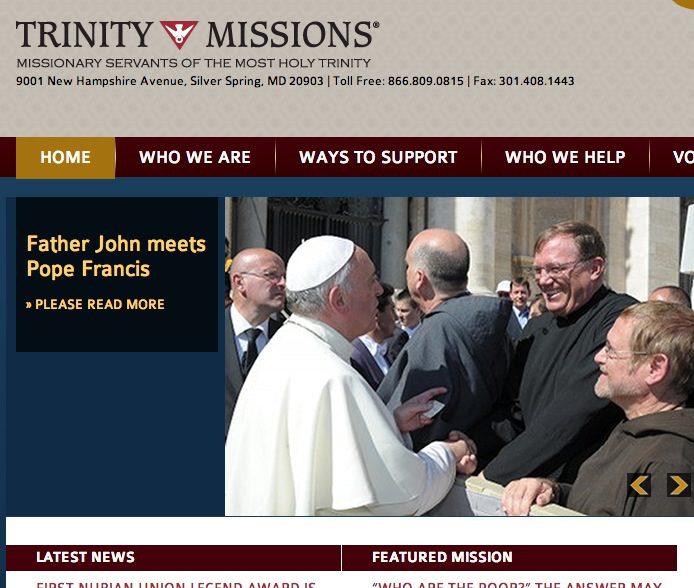 Members of the Vincentian family find that rhetorical questions are sometimes answered in way not expected.
Members of the Vincentian family find that rhetorical questions are sometimes answered in way not expected.
One of the first Missionary Servant priests to serve in México tells the story of the time he was preaching in a small rural chapel. During his homily, he posed a rhetorical question: “Who are the poor?” He was both surprised and humbled when, from the front row, a woman answered quietly: “The poor are those who don’t know God.”
In that guileless, direct reply we find the heart and soul of the Mexican people we serve. Amid their own material poverty and suffering, they know that they are not really poor in the thing that matters most — their love of God. Through the years, we have nurtured this spirituality, and empowered the people with the sure knowledge that they, too, are called through baptism to be a missionary in their daily life. Thanks to the support of thousands of generous friends and benefactors, we have brought — and continue to bring — the Good News of the Gospel to the Mexican people we have been called to serve for more than three decades.
(See another missionary’s take on what is poverty from a different perspective)
What rhetorical questions that you raised provokes responses you did not expect? Join the conversation on this article.
The article above continues unfolding their work in Iztapalapa/
Our missionaries first arrived in Iztapalapa, a section of México City best known for the large city dump within its boundaries, in 1993. One of the neighborhoods we worked in got the name “New Colony” because it sprang up practically overnight. On the side of a steep hill, impoverished families from rural areas of México who had come looking for work built tiny shacks made of corrugated cardboard. Much of Iztapalapa had no running water, and some places — like the New Colony neighborhood — had no electricity.
There is no doubt, Iztapalapa has come a long way in the past two decades! The roads are paved, the city provides water and electricity to all the neighborhoods, there are schools and public transportation. The parish has a new main church, built with funds from the Missionary Servants, a U.S. charitable foundation, a “sister parish” in New Jersey and much hard work and commitment of the people.
Yet still today more than forty percent of the population is considered socio-economically marginalized, meaning they are fully or partially excluded from municipal and social services. Indeed, these are the people in the “tangled portion of God’s vineyard” that our founder, Father Judge, called us to serve.
As in all the places we have served in México through the years, the mission in Iztapalapa
clearly demonstrates what we do best: foster a missionary spirit in the laity. The mission serves 12 chapels, each with its own team of dedicated — and trained — lay men and women who serve as catechists, Eucharistic ministers and sacristans for their local church community. The people visit the sick, care for those in need and are active in the important work of evangelization.
The situation and the challenges in Iztapalapa have changed since we arrived, but our mission remains the same . . . to preserve the Faith and to develop a missionary spirit in the lay people we serve, always seeking to meet both their material and spiritual needs.
The mission serves nearly 10,000 families! Seven hundred and fifty children are enrolled in religious education classes. Our priests baptize more than 300 children a year. With the help of our lay collaborators — and our benefactors, who have made it all possible — we have made a real difference in the lives of the people in Iztapalapa and the other missions we served in Mexico.
– See more at: http://www.trinitymissions.org/featured_missions/who-are-the-poor-the-answer-may-surprise-you/
Tags: Missionary Cenacle, poverty

